Coronavirus: How To Keep Your Car Contagion Free

For the latest information on the COVID-19 pandemic, make sure to check the World Health Organization website.
The Coronavirus (COVID-19) has practically taken the world hostage. We are confined to our homes and have distanced ourselves from our outside world in order to curb this highly infectious virus. Even though most people are refraining from leaving their houses, there are those of us who still need to leave home every day for work, especially people in the medical, retail and supply chain sectors. And AutoGuide would like to thank these brave souls who are working tirelessly to minimize the impact of the COVID-19 disease.
It is a high possibility that the ones still working are using their own personal cars to commute. Even those confined to their homes need to step out to get supplies or even fuel. As your primary mode of transportation, your car should be a safe haven where you can relieve yourself of your mask and latex gloves. Keeping that in mind, here is how you can proof your car against the ongoing Coronavirus (COVID-19).
SEE ALSO: Coronavirus: All the Deals and Support Programs Automakers are OfferingGet out that vacuum
The New England Journal of Medicine has reported that COVID-19 can survive on certain materials like plastic and steel for up to three days. You know what features a lot of both? Your car.
Vacuuming your car is possibly one job that we are all guilty of procrastinating. But today, it is the first and critical step in making sure you’re safe. Before getting to the more deep cleaning, we need to eliminate the visible elements first. A thorough vacuuming helps eliminate catalysts that may attract microbes.
Sanitize high-touch areas
The COVID-19 strain is highly contagious and can cause exposure with first contact. That is the chief reason we are being told to wash our hands thoroughly. We touch our faces up to seven times a minute on average, so to keep your car clean is of the utmost importance. Make sure to sanitize all high-touch surfaces, especially the steering wheel and the AC controls and the infotainment system buttons and screens. The Clorox commercial disinfecting wipe is particularly effective and is also surface friendly.
Cleaning the hard-to-get to areas such as door pockets, cup holders and parts of the center console is also important. You can also use a disinfecting spray where the wipes can’t reach.
Deep clean HVAC
Apart from the engine the HVAC system is probably the most used component of the car. So keeping it clean and free of pathogens is absolutely critical to stay safe. There are two ways you can go about this. You can use the spray cleaner that comes with a hose that attaches to the nozzle and lets you reach deep inside the AC vents. Spray judiciously into the vents.
But you need the intake cleaned as well. For this you will need to remove the rubber seal near the windshield then remove the air filter. Next, switch the AC on at full blast, set it to ventilation and spray the liquid straight on to the intake fan. This will send the solution to the evaporator disinfecting the entire unit. You will need to leave the car running for 10–15 minutes so the cleaner can spread around the HVAC unit. And we would strongly recommend you leave the car off overnight for the solution to settle.
The other solution is the AC Cleaner bomb. It is a more straightforward process where you release the gas from the canister whilst the AC runs on recirculation and at full blast. Close all doors and windows for 15–20 minutes—and of course stay out of the car. Next, switch the car off and let it air out for another 20 minutes. Though we recommend you leave it as is overnight in this situation as well. The STP Air Conditioning Clean Bomb is one of the more effective options out there.
Get some sunshine (maybe)
Here is potential good news. As the weather warms up in the northern hemisphere, we could, just maybe, see a reduction in COVID-19’s rapid spread.
According to AccuWeather research, the amount of UV light from the sun increases significantly between March 15 and March 30 in many US cities. As UV light levels increase they can damage or even destroy different pathogens. If the world is lucky, that will apply to COVID-19 too.
Now the bad news. Most modern car glass comes with a UV filter, so leaving your car out to bake won’t do much to destroy coronavirus at any rate. And the jury is still very much out on whether a higher mercury reading will measurably slow the spread: some affected countries, such as Spain and China, already have warmer weather. As previously mentioned, this coronavirus can survive on some materials for up to three days, and some research suggests it can live for even longer. That leaves plenty of room for exposure and it is always better to be safe.
We sincerely hope these tips help you keep your vehicle clean while traveling. Stay safe and drive safely.

More by Kshitij Sharma



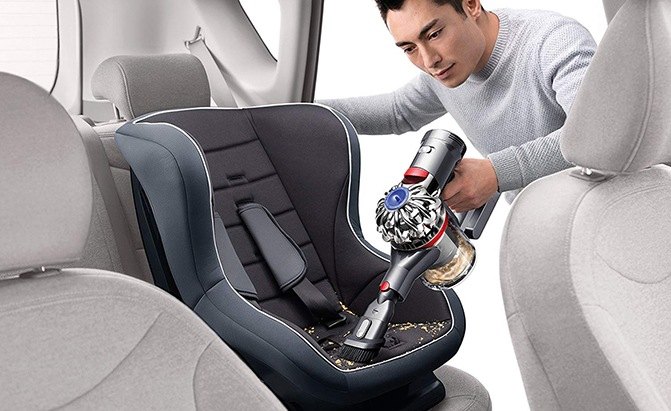

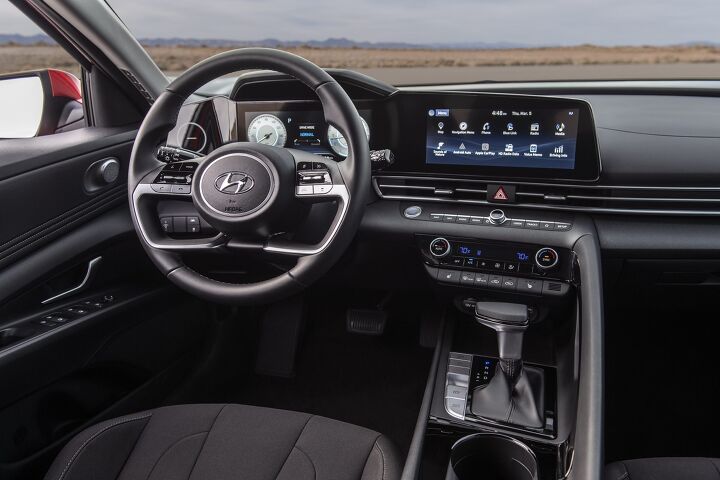















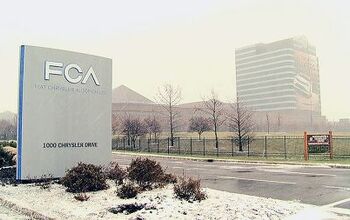
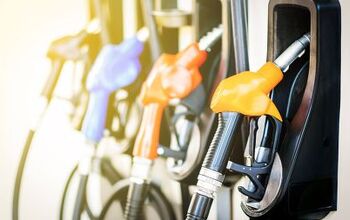
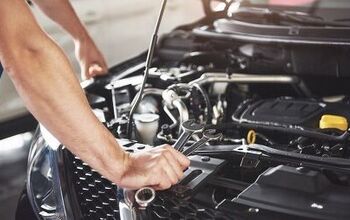












Comments
Join the conversation